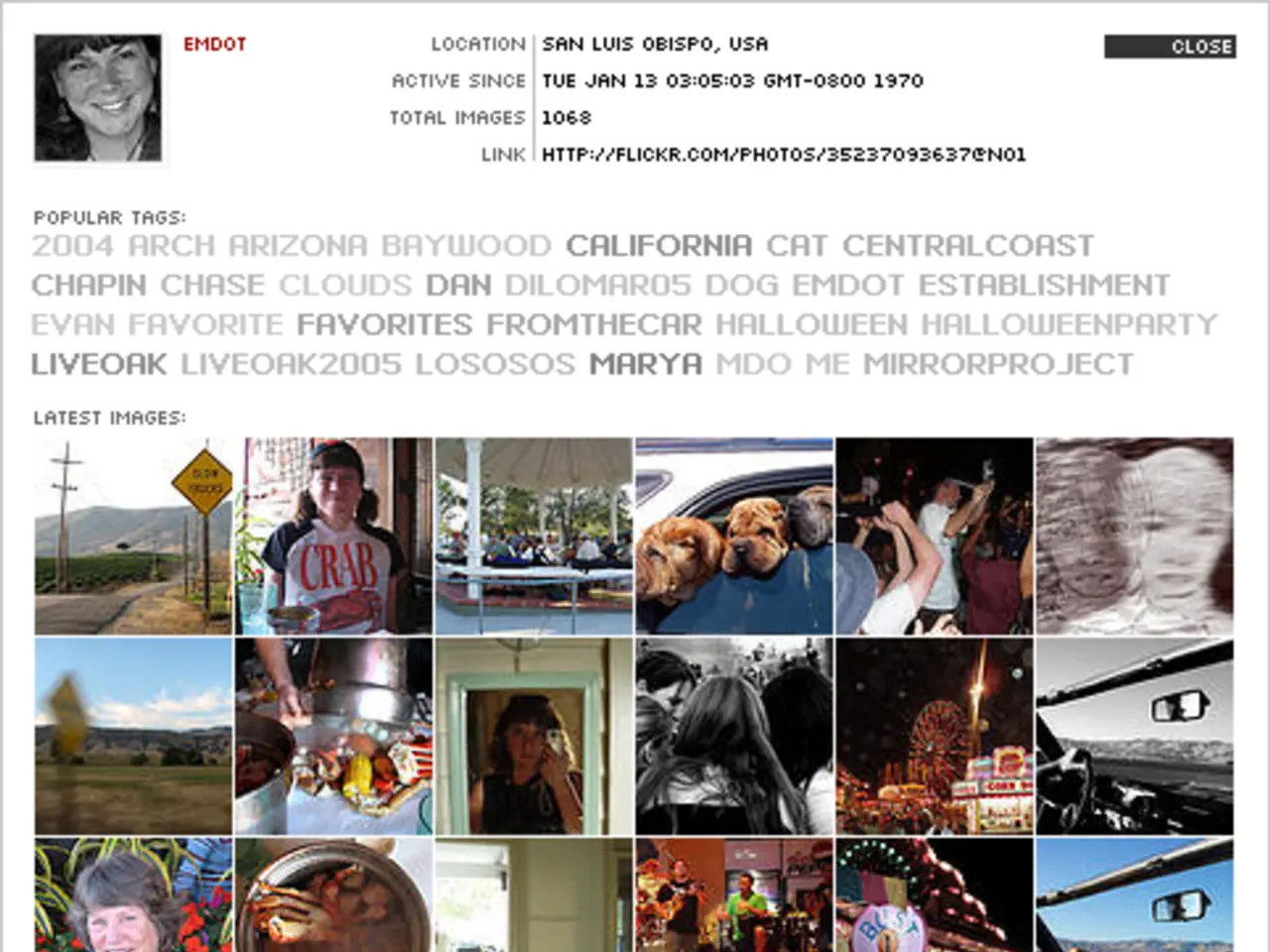Mastering Character Design Expertise
In the vibrant world of character design, where human and animal creations bring stories to life in games, films, and animations, there are numerous ways to advance your skills and career. Here's a comprehensive guide to help you excel in this exciting field.
**1. Develop Core Skills**
Mastering human and animal anatomy is the foundation of character design. Study proportions and practise drawing from life or using reference images to create accurate and expressive characters. To convey a wide range of emotions, learn to interpret facial expressions and body language, analyzing various cultures and contexts for inspiration. Developing strong storytelling skills is essential, as characters play a crucial role in driving narratives and engaging audiences.
**2. Enhance Your Portfolio**
A strong online portfolio is essential for showcasing your best work. Ensure your portfolio is visually appealing, easy to navigate, and demonstrates your range and versatility as a character designer. Include diverse projects and seek feedback from peers, mentors, or industry professionals to improve your work.
**3. Utilize Technology and Trends**
Mastering software like Adobe Animate, Blender, or Toon Boom Harmony is crucial. Stay updated with the latest tools and trends, and explore how AI can enhance your workflow, particularly in repetitive tasks.
**4. Networking and Continuous Learning**
Attend industry workshops and conferences to network with professionals, learn about new techniques, and stay informed about industry developments. Take online courses or tutorials to expand your skill set, and engage with the community on platforms like TikTok to share your work and learn from others.
**5. Storytelling and Concept Art**
Develop skills in creating concept art that tells a story. Focus on creating characters with depth by detailing their backstories, motivations, and personalities. Practise drawing compelling character sketches that capture the essence of your characters.
**6. Career Advancement Strategies**
Consider advancing into roles like lead designer or art director. Develop leadership and project management skills, and stay updated with the latest trends and technologies in the industry to remain competitive and innovative.
By focusing on these areas, you can significantly enhance your skills and career prospects as a character designer. Paying attention to body language and gestures is critical for revealing a character's emotions, intentions, and personality traits without words. A deep knowledge of human and animal anatomy is essential for creating realistic and expressive characters. Developing backstories for characters enhances the storytelling and engages the audience on a deeper emotional level. Mastering expressions and emotions is crucial for conveying feelings effectively through facial expressions, body language, and actions. A well-crafted backstory for a character serves as the blueprint that informs their motives, behaviors, and relationships.
- To further expand your expertise beyond character design, explore related fields such as lifestyle, fashion-and-beauty, food-and-drink, home-and-garden, and education-and-self-development for inspiration and personal growth.
- Pursue personal development opportunities in personal-growth and career-development areas. This can help you develop valuable soft skills such as communication, leadership, and problem-solving, which are essential for professional success.
- Cultivate a lifelong love for learning by staying updated on industry trends and developments in your field, as well as diving into new interests and hobbies outside of character design.
- Seek out mentors or professionals who can provide guidance, support, and feedback on your work, helping you refine your skills and make informed decisions throughout your career.




